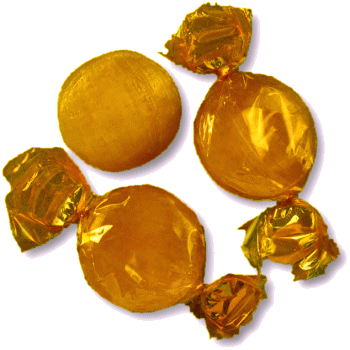




WELCOME TO AN ENTERTAINMENT SITE FOR SCOTTISH COUNTRY DANCERS!
Enjoy this curated selection of theme-related dances for celebrations and holidays, or find a dance associated with a special calendar day, or EVEN your own birthday!
Oct 25

Spaghetti Day
Spaghetti Junction
Other Scottish Country Dances for this Day
Today's Musings, History & Folklore
Spaghetti Junction
Today is a celebration of all things pasta! Pasta has a hotly debated ancestry with references to wheat-based noodles going back to ancient times in many countries and regions of the world.
First referenced as "pasta" in English in 1874, the word come from the Latin for "dough, pastry cake." Pasta's roots have been traced back to first and second century Greece, along with another type of boiled dough, which was common in Palestine from the 3rd to 5th centuries A.D..
Even in ancient Scotland, pasta was consumed by the Romans who ate it along with porridge and bread (as discovered by archaeologists in 2016 studying building remnants and sewage at a former fort along the Antonine Wall near Glasgow).
The urban legend of Marco Polo importing pasta from China is apocryphal and believed to have originated in the 1920s or 30s in an advertisement for a Canadian spaghetti company.
"Spaghetti Junction" is a nickname sometimes given to a complicated or massively intertwined road traffic interchange that resembles a plate of spaghetti. The term was originally used to refer to the Gravelly Hill Interchange on the M6 motorway in Birmingham, United Kingdom, thoughmany complex interchanges have acquired the nickname. Many countries, and almost every state in the United States claims a "spaghetti junction."
There are over 600 shapes of pasta known to mankind, withtheir names are descriptive of their shapes. Spaghetti (‘cord’), vermicelli (‘little worms’), rotini (‘spirals’), fusili (‘spindles’), tortellini (‘little cakes’), linguini (‘little tongues’), conchiglie (‘shells’), fettucine (‘small ribbons’), penne (‘quills’) and capellini (‘fine hairs’) are some of the well known types.
Some of the more unusual ones not include "orecchiette" meaning "little ears" to "strozzapreti" meaning "priest-stranglers." For more unusual pasta shapes, click the picture of a 15th century illustration of pasta making.
Or, if you're wondering how to put a Scottish spin on pasta to thrill or terrify your friends, there are even recipes to be found for "Haggis and Cherry Tomatoes" spaghetti!
Click the dance cribs or description below to link to a printable version of the dance!




